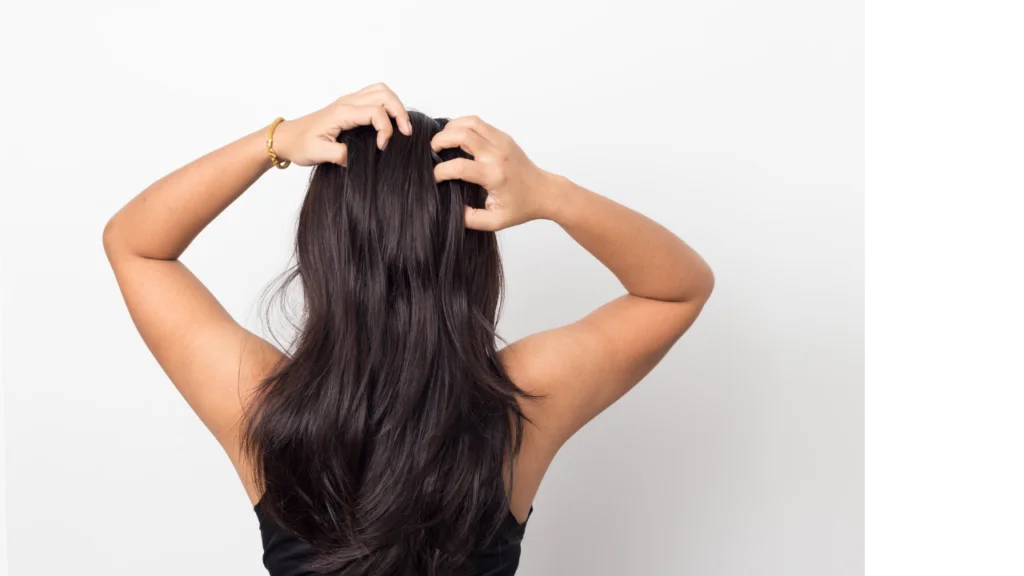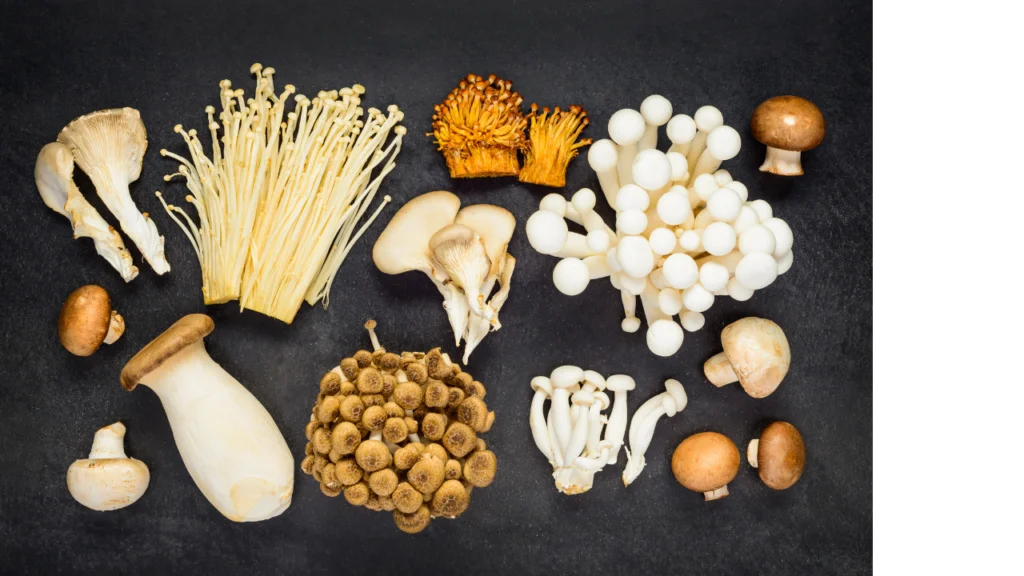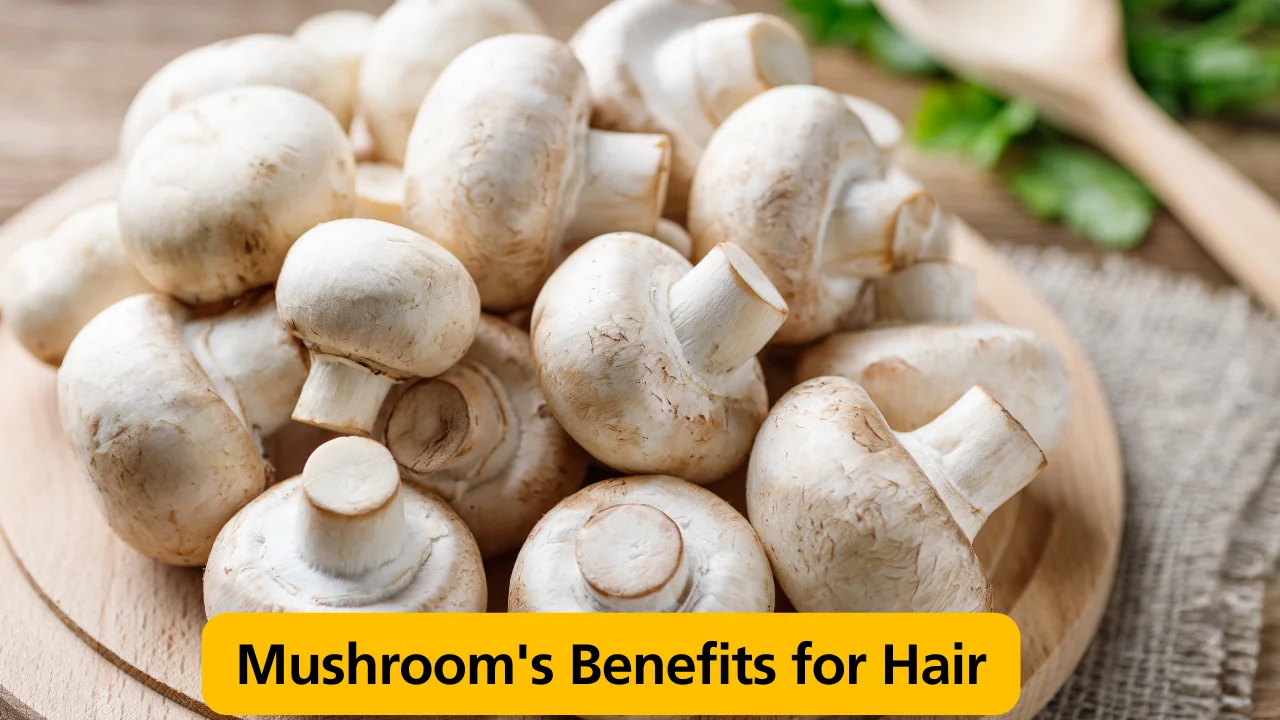In today’s pursuit of luscious locks, people often explore various products and treatments, but what if the secret to vibrant, healthy hair lies in something as simple as mushrooms? Yes, you read that right! Mushrooms, those versatile fungi found in a myriad of culinary dishes, offer numerous benefits for hair health. Let’s delve into this fungal phenomenon and uncover the hidden treasures mushrooms hold for our hair.
1. Introduction
Hair is not just a crowning glory; it’s a reflection of overall health and vitality. From environmental factors to lifestyle choices, many elements influence the condition of our hair. Amidst these considerations, the role of nutrition emerges as a pivotal factor in maintaining healthy hair.
2. Understanding Hair Health
2.1 The Importance of Hair Health
Hair health extends beyond aesthetics; it’s a barometer of internal well-being. Strong, glossy hair signifies adequate nutrition and good health, while brittle, lackluster hair may indicate underlying deficiencies or health issues.
2.2 Factors Affecting Hair Health
Various factors, such as genetics, age, hormonal imbalances, and environmental stressors, impact hair health. However, one often overlooked aspect is the role of nutrition in nurturing hair from within.
3. Role of Nutrition in Hair Health

3.1 Essential Nutrients for Healthy Hair
Nutrients like vitamins (A, C, D, E), minerals (iron, zinc, selenium), protein, and omega-3 fatty acids play crucial roles in maintaining optimal hair health. Deficiencies in these nutrients can manifest as hair loss, dullness, or slow growth.
3.2 Impact of Diet on Hair
A balanced diet rich in these essential nutrients not only supports overall well-being but also contributes to vibrant, resilient hair. Conversely, poor dietary choices devoid of essential nutrients can compromise hair health, leading to various hair-related issues.
4. Exploring Mushrooms
4.1 Nutritional Value of Mushrooms
Mushrooms are nutritional powerhouses packed with vitamins, minerals, antioxidants, and bioactive compounds. They offer a range of health benefits, including immune support, cardiovascular health, and yes, you guessed it, hair health!
4.2 Types of Mushrooms Beneficial for Hair
Several types of mushrooms stand out for their hair-nourishing properties, including shiitake, reishi, maitake, and lion’s mane. These mushrooms contain unique compounds that promote hair growth, strengthen hair follicles, and combat hair loss.

5. Mushroom Benefits for Hair
5.1 Promotes Hair Growth
Mushrooms contain biotin, a B-vitamin essential for hair growth and strength. Additionally, they contain ergothioneine, an antioxidant that protects hair follicles from oxidative damage, promoting healthy hair growth.
5.2 Strengthens Hair
The protein content in mushrooms helps fortify hair strands, making them less prone to breakage and damage. Regular consumption of mushrooms can contribute to stronger, more resilient hair.
5.3 Prevents Hair Loss
Compounds like beta-glucans and polysaccharides found in mushrooms have been shown to inhibit hair loss by strengthening hair follicles and promoting a healthy scalp environment conducive to hair growth.
6. How to Incorporate Mushrooms into Your Diet
6.1 Mushroom Recipes for Healthy Hair
Incorporating mushrooms into your diet is easy and delicious. From savory stir-fries to hearty soups, mushrooms lend themselves well to a variety of culinary creations. Try adding them to omelets, pasta dishes, or even blending them into smoothies for a nutrient-packed boost.
7. Other Hair Care Tips

7.1 Proper Hair Care Routine
Alongside dietary changes, adopting a proper hair care routine is essential for maintaining healthy locks. This includes regular shampooing, conditioning, and avoiding excessive heat styling or harsh chemical treatments.
7.2 Managing Stress
Stress can wreak havoc on hair health, leading to hair loss or thinning. Practice stress-reduction techniques such as meditation, yoga, or deep breathing exercises to promote overall well-being and support healthy hair growth.
8. Conclusion
In conclusion, mushrooms offer a natural, holistic approach to enhancing hair health. Packed with essential nutrients and bioactive compounds, mushrooms promote hair growth, strengthen hair follicles, and prevent hair loss. By incorporating mushrooms into your diet and adopting healthy lifestyle habits, you can nurture your hair from the inside out, achieving the luscious locks you’ve always desired.
FAQs (Frequently Asked Questions)
1. Are there any side effects of consuming mushrooms for hair health?
While mushrooms are generally safe for consumption, individuals with allergies or sensitivities to mushrooms should exercise caution. Additionally, it’s essential to source mushrooms from reputable sources to avoid contamination.
2. Can mushroom supplements provide the same benefits as consuming fresh mushrooms?
While mushroom supplements can offer concentrated doses of beneficial compounds, consuming fresh mushrooms provides a broader spectrum of nutrients and phytochemicals. Incorporating a variety of mushrooms into your diet is recommended for optimal hair health.
3. How long does it take to see results from incorporating mushrooms into my diet for hair health? Results may vary depending on individual factors such as diet, lifestyle, and overall health. Consistent consumption of mushrooms, along with a balanced diet and proper hair care, can lead to noticeable improvements in hair health over time.
4. Can I use mushroom-infused hair products for similar benefits?
While mushroom-infused hair products may offer some benefits, such as hydration and nourishment, their efficacy in promoting hair growth or preventing hair loss may be limited compared to consuming mushrooms internally.
5. Are there any specific mushroom varieties to avoid for hair health?
Most edible mushrooms offer some degree of nutritional benefits for hair health. However, it’s essential to avoid consuming wild mushrooms unless you’re knowledgeable about mushroom identification, as some varieties can be toxic. Stick to cultivated varieties from trusted sources for safety.
